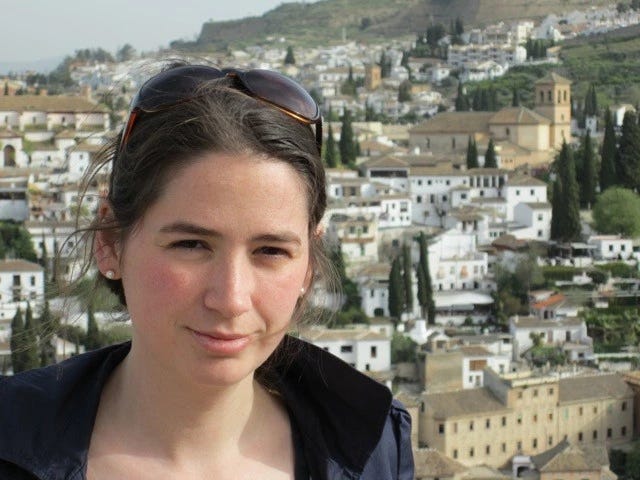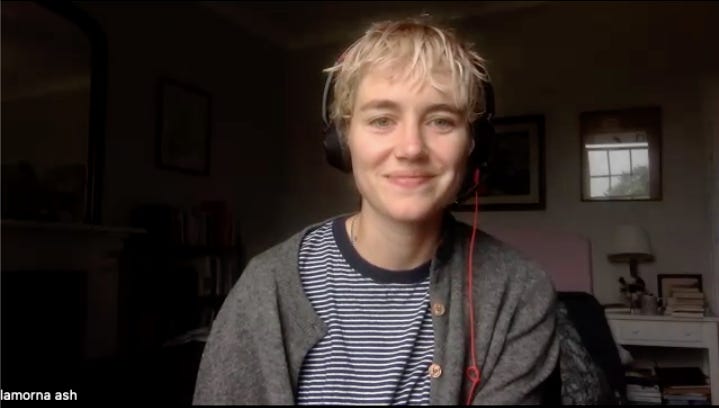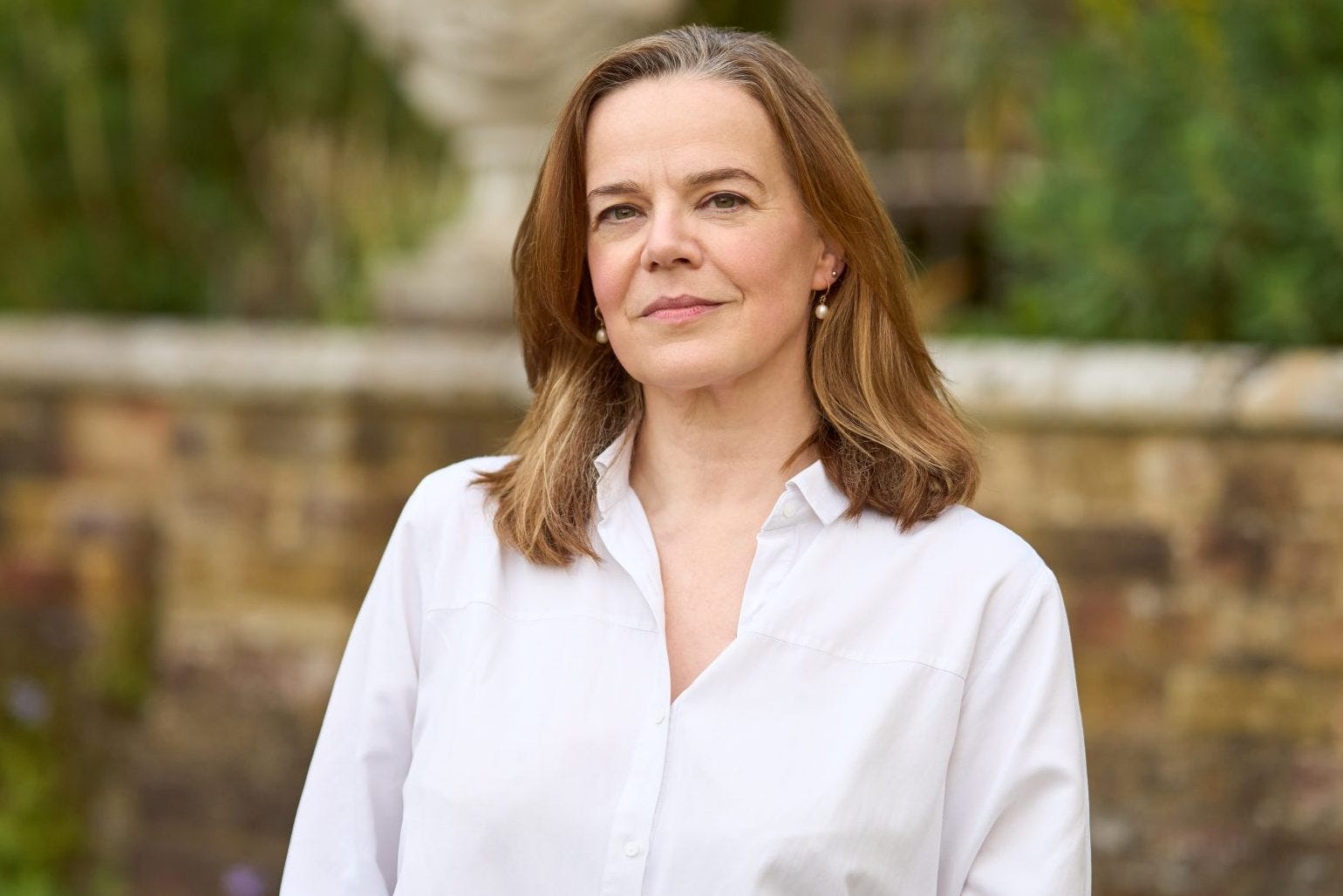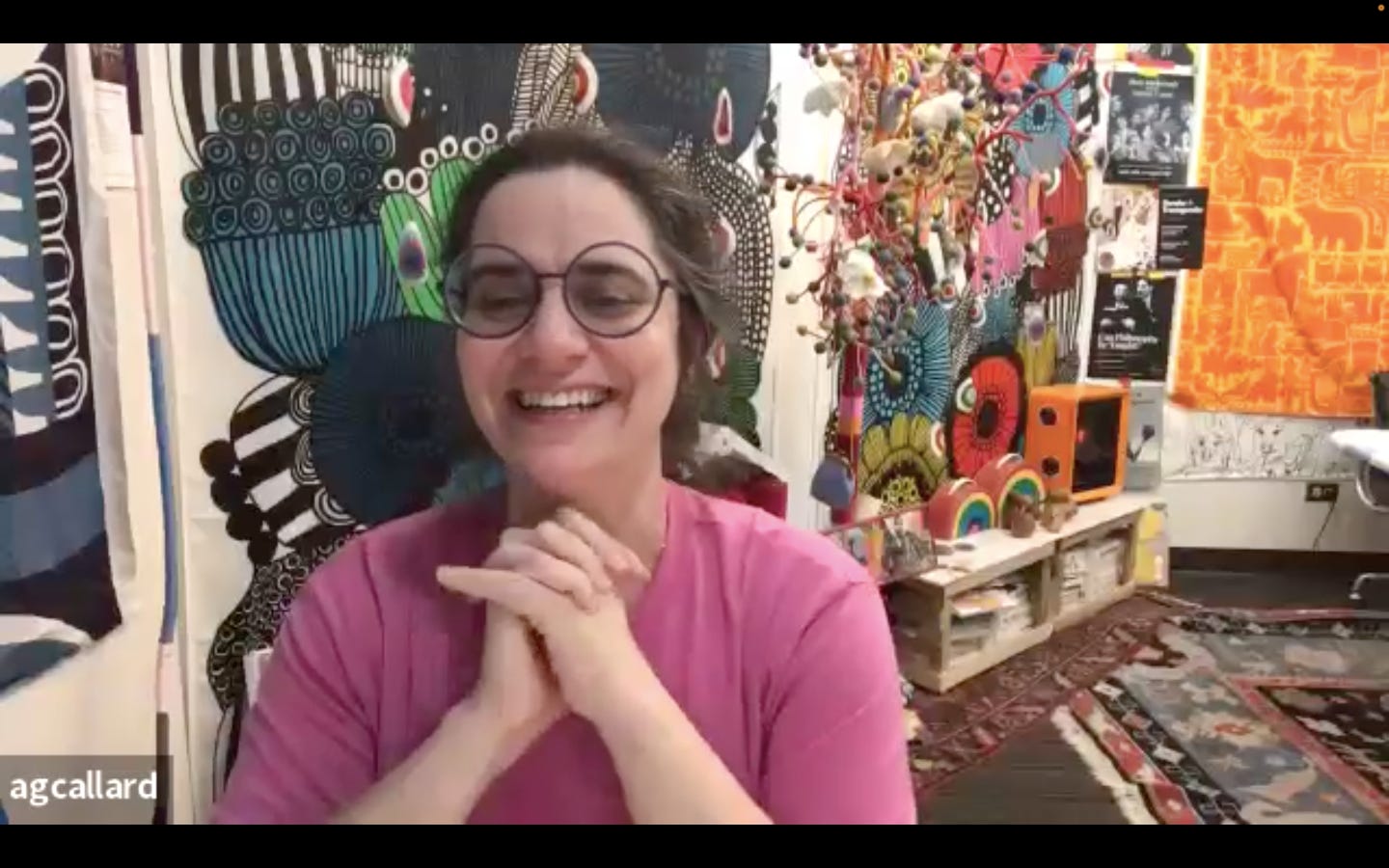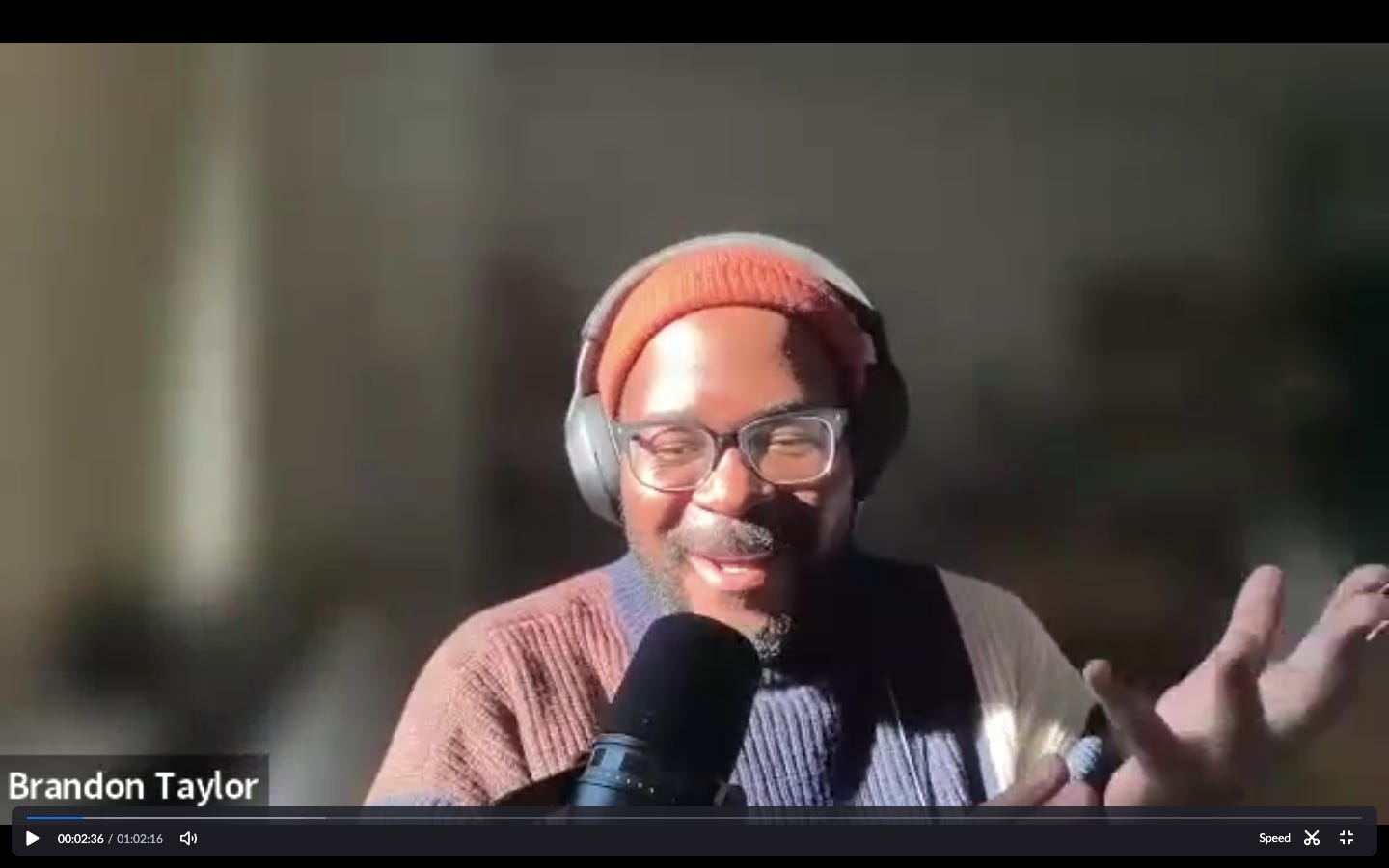The twenty best English poets
Description
In this episode, James Marriott and I discuss who we think are the best twenty English poets. This is not the best poets who wrote in English, but the best British poets (though James snuck Sylvia Plath onto his list…). We did it like that to make it easier, not least so we could base a lot of our discussion on extracts in The Oxford Book of English Verse (Ricks edition). Most of what we read out is from there. We read Wordsworth, Keats, Hardy, Milton, and Pope. We both love Pope! (He should be regarded as one of the very best English poets, like Milton.) There are also readings of Herrick, Bronte, Cowper, and MacNiece. I plan to record the whole of ‘The Eve of St. Agnes’ at some point soon.
Here are our lists and below is the transcript (which may have more errors than usual, sorry!)
HO
God Tier
* Shakespeare
“if not first, in the very first line”
* Chaucer
* Spenser
* Milton
* Wordsworth
* Eliot
—argue for Pope here, not usually included
Second Tier
* Donne
* Herbert
* Keats
* Dryden
* Gawain poet
* Tom O’Bedlam poet
Third Tier
* Yeats
* Tennyson
* Hopkins
* Coleridge
* Auden
* Shelley
* Marvell
JM
ShakespeareTier
* Shakespeare
Tier 1
* Chaucer
* Milton
* Wordsworth
Tier 2
* Donne
* Eliot
* Keats
* Tennyson
* Spencer
* Marvell
* Pope
Tier 3
* Yeats
* Hopkins
* Blake
* Coleridge
* Auden
* Shelley
* Thomas Hardy
* Larkin
* Plath
Henry: Today I'm talking to James Marriott, Times columnist, and more importantly, the writer of the Substack Cultural Capital. And we are going to argue about who are the best poets in the English language. James, welcome.
James: Thanks very much for having me. I feel I should preface my appearance so that I don't bring your podcast and disrepute saying that I'm maybe here less as an expert of poetry and more as somebody who's willing to have strong and potentially species opinions. I'm more of a lover of poetry than I would claim to be any kind of academic expert, just in case anybody thinks that I'm trying to produce any definitive answer to the question that we're tackling.
Henry: Yeah, no, I mean that's the same for me. We're not professors, we're just very opinionated boys. So we have lists.
James: We do.
Henry: And we're going to debate our lists, but what we do agree is that if we're having a top 20 English poets, Shakespeare is automatically in the God Tier and there's nothing to discuss.
James: Yeah, he's in a category of his own. I think the way of, because I guess the plan we've gone for is to rather than to rank them 1, 2, 3, 4, 5, 6, 7 into sort of, what is it, three or four broad categories that we're competing over.
Henry: Yes, yes. Tiers
James: I think is a more kind of reasonable way to approach it rather than trying to argue exactly why it should be one place above Shelly or I don't know, whatever.
Henry: It's also just an excuse to talk about poets.
James: Yes.
Henry: Good. So then we have a sort of top tier, if not the first, in the very first line as it were, and you've got different people. To me, you've got Chaucer, Milton, and Wordsworth. I would also add Spenser and T.S. Eliot. So what's your problem with Spenser?
James: Well, my problem is ignorance in that it's a while since I've read the Fairy Queen, which I did at university. Partly is just that looking back through it now and from what I remember of university, I mean it is not so much that I have anything against Spenser. It's quite how much I have in favour of Milton and Wordsworth and Chaucer, and I'm totally willing to be argued against on this, but I just can't think that Spenser is in quite the same league as lovely as many passages of the Fairy Queen are.
Henry: So my case for Spenser is firstly, if you go through something like the Oxford Book of English Verse or some other comparable anthology, he's getting a similar page count to Shakespeare and Milton, he is important in that way. Second, it's not just the fairy queen, there's the Shepherd's Calendar, the sonnets, the wedding poems, and they're all highly accomplished. The Shepherd's Calendar particularly is really, really brilliant work. I think I enjoyed that more as an undergraduate, actually, much as I love the Fairy Queen. And the third thing is that the Fairy Queen is a very, very great epic. I mean, it's a tremendous accomplishment. There were lots of other epics knocking around in the 16th century that nobody wants to read now or I mean, obviously specialists want to read, but if we could persuade a few more people, a few more ordinary readers to pick up the fairy queen, they would love it.
James: Yes, and I was rereading before he came on air, the Bower of Bliss episode, which I think is from the second book, which is just a beautifully lush passage, passage of writing. It was really, I mean, you can see why Keats was so much influenced by it. The point about Spenser's breadth is an interesting one because Milton is in my top category below Shakespeare, but I think I'm placing him there pretty much only on the basis of Paradise Lost. I think if we didn't have Paradise Lost, Milton may not even be in this competition at all for me, very little. I know. I don’t know if this is a heresy, I've got much less time for Milton's minor works. There's Samuel Johnson pretty much summed up my feelings on Lycidas when he said there was nothing new. Whatever images it can supply are long ago, exhausted, and I do feel there's a certain sort of dryness to Milton's minor stuff. I mean, I can find things like Il Penseroso and L’Allegro pretty enough, but I mean, I think really the central achievement is Paradise Lost, whereas Spenser might be in contention, as you say, from if you didn't have the Fairy Queen, you've got Shepherd's Calendar, and all this other sort of other stuff, but Paradise Lost is just so massive for me.
Henry: But if someone just tomorrow came out and said, oh, we found a whole book of minor poetry by Virgil and it's all pretty average, you wouldn't say, oh, well Virgil's less of a great poet.
James: No, absolutely, and that's why I've stuck Milton right at the top. It's just sort of interesting how unbelievably good Paradise Lost is and how, in my opinion, how much less inspiring the stuff that comes after it is Samson Agonistes and Paradise Regained I really much pleasure out of at all and how, I mean the early I think slightly dry Milton is unbelievably accomplished, but Samuel Johnson seems to say in that quote is a very accomplished use of ancient slightly worn out tropes, and he's of putting together these old ideas in a brilliant manner and he has this sort of, I mean I guess he's one of your late bloomers. I can't quite remember how old he is when he publishes Paradise Lost.
Henry: Oh, he is. Oh, writing it in his fifties. Yeah.
James: Yeah, this just extraordinary thing that's totally unlike anything else in English literature and of all the poems that we're going to talk about, I think is the one that has probably given me most pleasure in my life and the one that I probably return to most often if not to read all the way through then to just go over my favourite bits and pieces of it.
Henry: A lot of people will think Milton is heavy and full of weird references to the ancient world and learned and biblical and not very readable for want of a better word. Can you talk us out of that? To be one of the great poets, they do have to have some readability, right?
James: Yeah, I think so, and it's certainly how I felt. I mean I think it's not a trivial objection to have to Milton. It's certainly how I found him. He was my special author paper at university and I totally didn't get on with him. There was something about his massive brilliance that I felt. I remember feeling like trying to write about Paradise Lost was trying to kind of scratch a huge block of marble with your nails. There's no way to get a handle on it. I just couldn't work out what to get ahold of, and it's only I think later in adulthood maybe reading him under a little less pressure that I've come to really love him. I mean, the thing I would always say to people to look out for in Milton, but it's his most immediate pleasure and the thing that still is what sends shivers done my spine about him is the kind of cosmic scale of Paradise Lost, and it's almost got this sort of sci-fi massiveness to it. One of my very favourite passages, which I may inflict on you, we did agree that we could inflict poetry on one another.
Henry: Please, please
James: It’s a detail from the first book of Paradise Lost. Milton's talking about Satan's architect in hell Mulciber, and this is a little explanation of who or part of his explanation of who Mulciber is, and he says,
Nor was his name u








